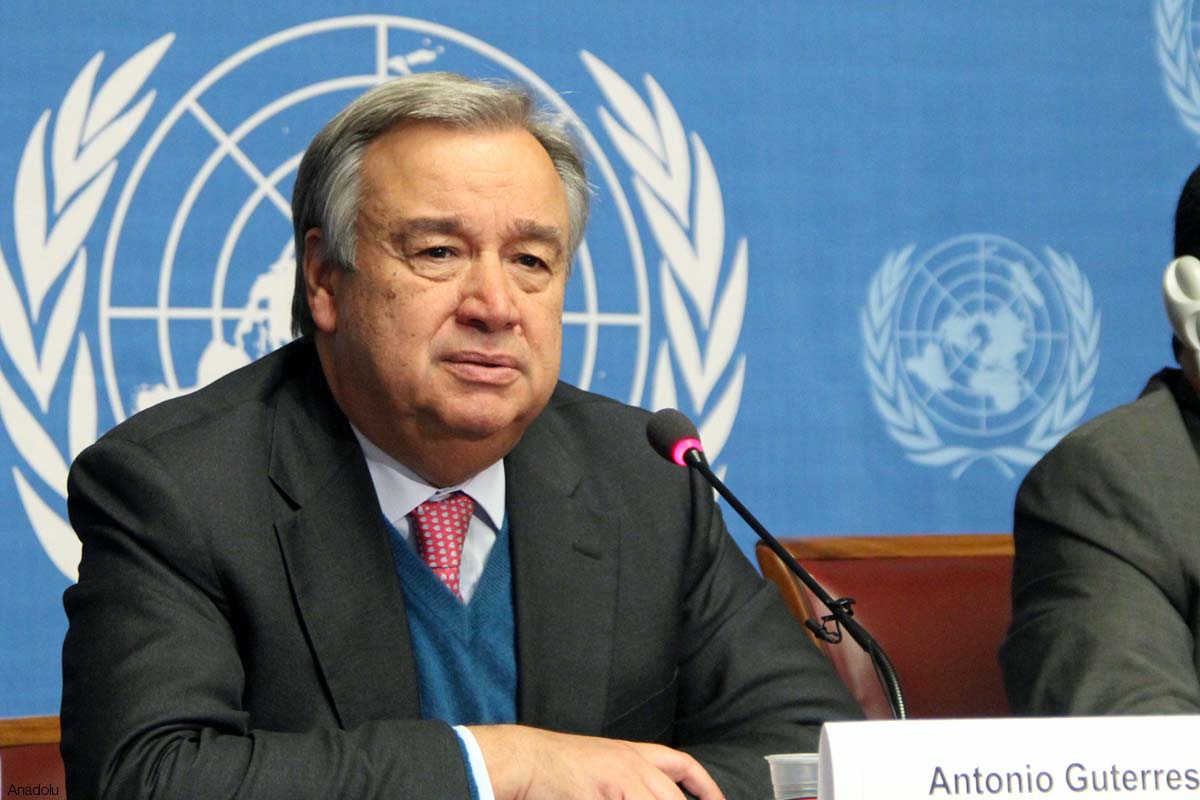Global lay movement backs CBCP against death penalty
MANILA, Feb. 8, 2017–A worldwide movement of laypeople has thrown its support behind the Philippine Catholic Church’s campaign against moves to revive the death penalty in the country.
In a letter to the Catholic Bishops’ Conference of the Philippines, the
Community of Sant’Egidio (CSE) said that Christian teachings provide no support for the capital punishment “in all forms”.
“And we feel the importance to affirm the right to life of anybody, to profess and communicate a culture of mercy, as also recently stated by our Pope Francis,” wrote Prof. Marco Impagliazzo, CSE President.
“Therefore we stand at your side and would like to express to you our full availability to any form of support and cooperation you may indicate to us,” he said.
Prof. Impagliazzo said they are hoping that “the reasons of life will win over the unreasonable efforts to impose a law which is against the main principle of human life”.
The Rome-based lay Catholic group is well known and highly respected for its work with the poor and refugees and has earned numerous awards and even a nomination for the Nobel Peace Prize.
The CBCP has earlier criticized the “
strident efforts” in Congress to restore the death penalty.
The bishops said that the use of capital punishment is no different from the crime it punishes.
“When we condemn violence, we cannot ourselves be its perpetrators, and when we decry murder, we cannot ourselves participate in murder, no matter that it may be accompanied by the trappings of judicial and legal process,” they said.
“There is a danger that the death penalty might legitimize the use of violence to deal with every wrongdoing,” Tagle said.
He added that penalties are “not (to) be imposed for vengeance but for correction of offenders and for the good of society.” (CBCPNews)


